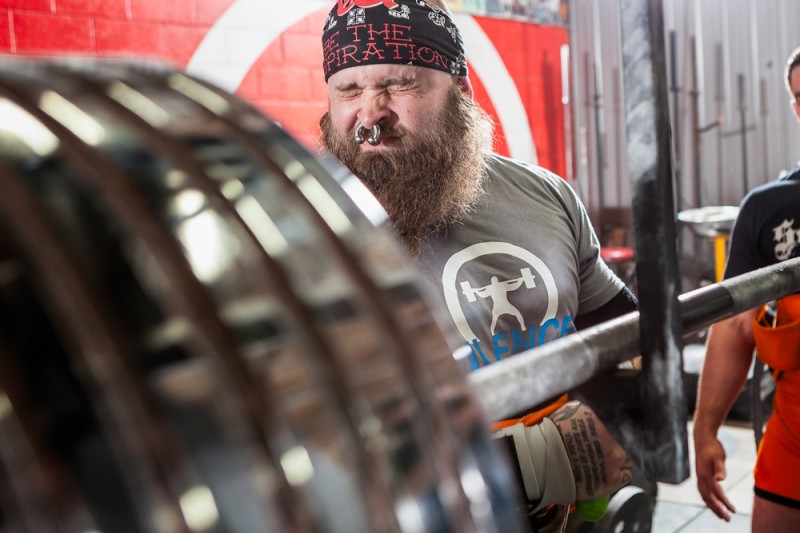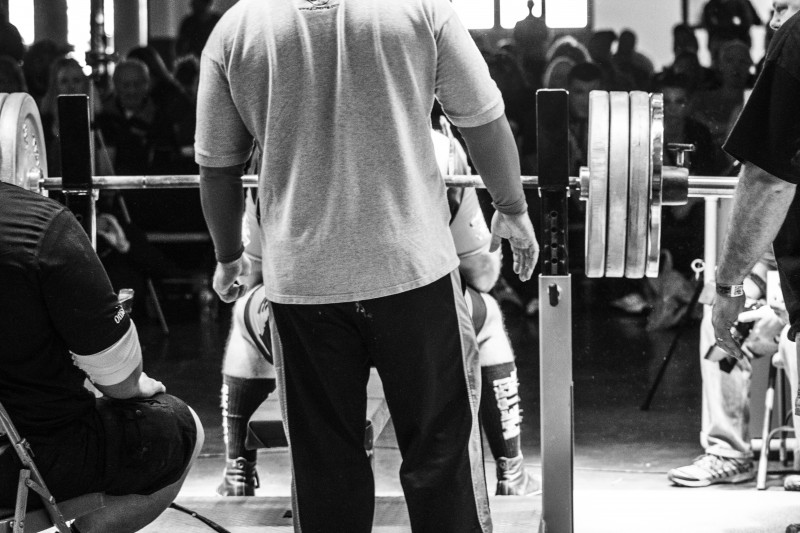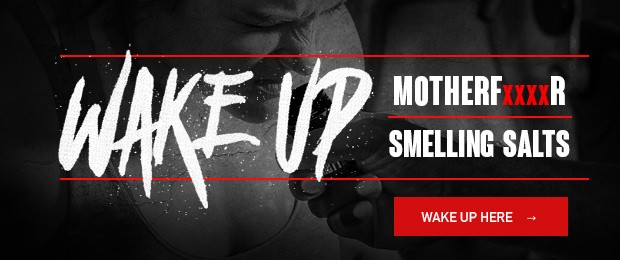
Back in the day, there was a tremendous fighter—no, that’s not the right word. Brawler — no, that’s not right, either. Animalistic murderer who used fists as weapons. Yep, that's it.
Back in the day, there was an animalistic murderer who used fists as weapons named Mike Tyson. When I recently said this to the football team they said, “That guy with the face tattoo from The Hangover?” Yes. Him.
But he is really two different people. You see, when Mike Tyson was with a trainer named Cus D’Amato, he became the youngest heavyweight champion boxer in history, not yet 21 years of age. His fights rarely made it out of the first minute, let alone the first round. He ruined pay-per-view because people were not willing to pay fifty or a hundred bucks for 30 seconds of fighting. After Cus D’Amato died, Tyson lost his direction and went downhill to become who he is known as today.
Now, Cus D’Amato has been attributed as the inventor of the following famous quote, which is one of my favorites to illustrate a point: "The champion and coward stand under the same bright lights and feel the same butterflies in their stomach. The champion uses the butterflies as fuel to dominate their opponent, the coward succumbs to their weight and is consumed by anxiety." I have heard many variations of this over time, and love each and every one of them.
MORE: Distraction Control As A Performance Enhancer
In powerlifting, most training is done in a solitary gym, with only like-minded people there. They are all training in poor lighting, rusted bars, few people around, and no judging. They are used to lifting with their weights, their bars, on their floors, in their racks, and with their music on. They are used to none of it counting. Then when they go to a powerlifting meet, they go from the dark, dimly lit, musty corner of a garage or gym, to the bright lights, shiny chrome bars, freshly painted plates, and brand new platforms with 10’s to 100’s of people watching. This leads to butterflies, but how do you use it?
You’ll notice some people thrive on meet days and others seem to never have a good meet. A lot of this is how they respond to the anxiety from the new environment. Some people get amped up by this; it gives them energy and focus. They are there and having people push them, competing against their peers and feeling the rush of a roaring crowd. There are others who fear this, and when the judge says squat, the realization of what is going on is too surreal and they are not able to wrap their head around it. The person who has anxiety ends up doing horrifically; they expend their energy worrying about circumstances rather than what they came to the meet to do, conquering the weights.
That’s all well and good; we have an explanation for why some people always tank on meet day. But what can be done about it?Well, let’s think back to the thinking right article. Right thoughts help performance; wrong thoughts hurt performance. Right thoughts are positive thoughts, wrong thoughts are negative thoughts. There are thoughts of what will the judge think, what will the crowd do, what will the competition do, what about my new bench shirt that I just bought? While these aren’t negative, they are distractions. Distractions are anything that takes away the focus from the main goal. Distractions are things that don’t matter. They may be important, but when thought of at the wrong time, they are distractions.
Let’s take a minute to go over time orientation of thought. Like the bible said, there is a time and place for everything; a time for war, a time for peace, a time for work, and a time for rest. Thoughts are no different. The judging, the different gear, and the competition are all valid things that deserve thought, but at the appropriate time.
RELATED: Why Powerlifters Shouldn't Train Alone
Thinking about the past is great when done at the proper time. Thoughts in the past are great for evaluation of previous training for future training. The use of your previous experience to determine what’s next is the right way to do things.
Now, if you are at a time like, say, during competition, when you need to be in the moment and you’re thinking about the past, you’ll be having a lot of “would have, could have, should have” thoughts. Thinking of the past during competition will lead to guilt, and the thought of, “oh no, here we go again.”
For instance, I had a friend who bombed at a meet on squats. The following meet, the thoughts of bombing on squat haunted him. He was determined not to do it, but kept replaying it in his head, including on meet day. His first squat didn’t go well. There was plenty of strength, but he was just a little bit off on the setup. He became entrapped thinking, “Oh shit, it’s happening again. I missed this attempt, now it’s over.” We tried changing up things for his second attempt, but he was not there. His mind was still at the last competition during the bomb. He again had a major technical breakdown causing him to miss the lift. We will return to this example when we get to the present.
Thinking about the future is great for planning and strategizing. A few weeks out from the meet it is helpful to think about the future — things like if you will change gear on attempts, what weights you will try on each attempt, successions, backup plans, where to stay, and what route to take are all important things and extremely beneficial. If you start thinking about the future during the wrong time, you end up with what if thoughts that lead to anxiety.
For instance, I remember one small competition that I didn’t take seriously; I had an opener of 550. I picked something extremely light for me, something that I had tripled in training. I got down on the bench and set up and was debating about if I should go 650 or 675 for my next attempt when we unracked the bar. I didn’t bring the bar down in the groove and got a red light for uneven extension and it was quite the battle to get that weight. It was something that I had tripled in training, and I had just handled 500 without any issues in the warm-up room. Still, it looked like I nearly got crushed by the easy weight. It was all because I had distracted thoughts. I was in the future when I should have been in the present and paid for it.
When thinking in the present, you must be right here, right now, in this moment. Nothing else matters at that point in time. Your previous training cycle doesn’t matter, the fight you had with the significant other doesn’t matter, the competition doesn’t matter, and the judging doesn’t matter. Those are all things that you cannot control. All you can control is you in that moment. If a wrong thought or a distracted thought comes to your mind, all you have to do is replace it with a right thought and you are back in play.
Now, remember my friend and his squatting? I only knew of one way to stop his thinking about the past. That was to slap him on the back of the neck as hard as I could. The pain caused him to no longer think about anything else; the thought of the pain had replaced all of those negative and distracted thoughts. There are many methods to get to the right place and right time thinking. Some use music to focus on, some snort ammonia, some focus, and some get slapped. Whatever the method to get there, all that is important is that you get there.












